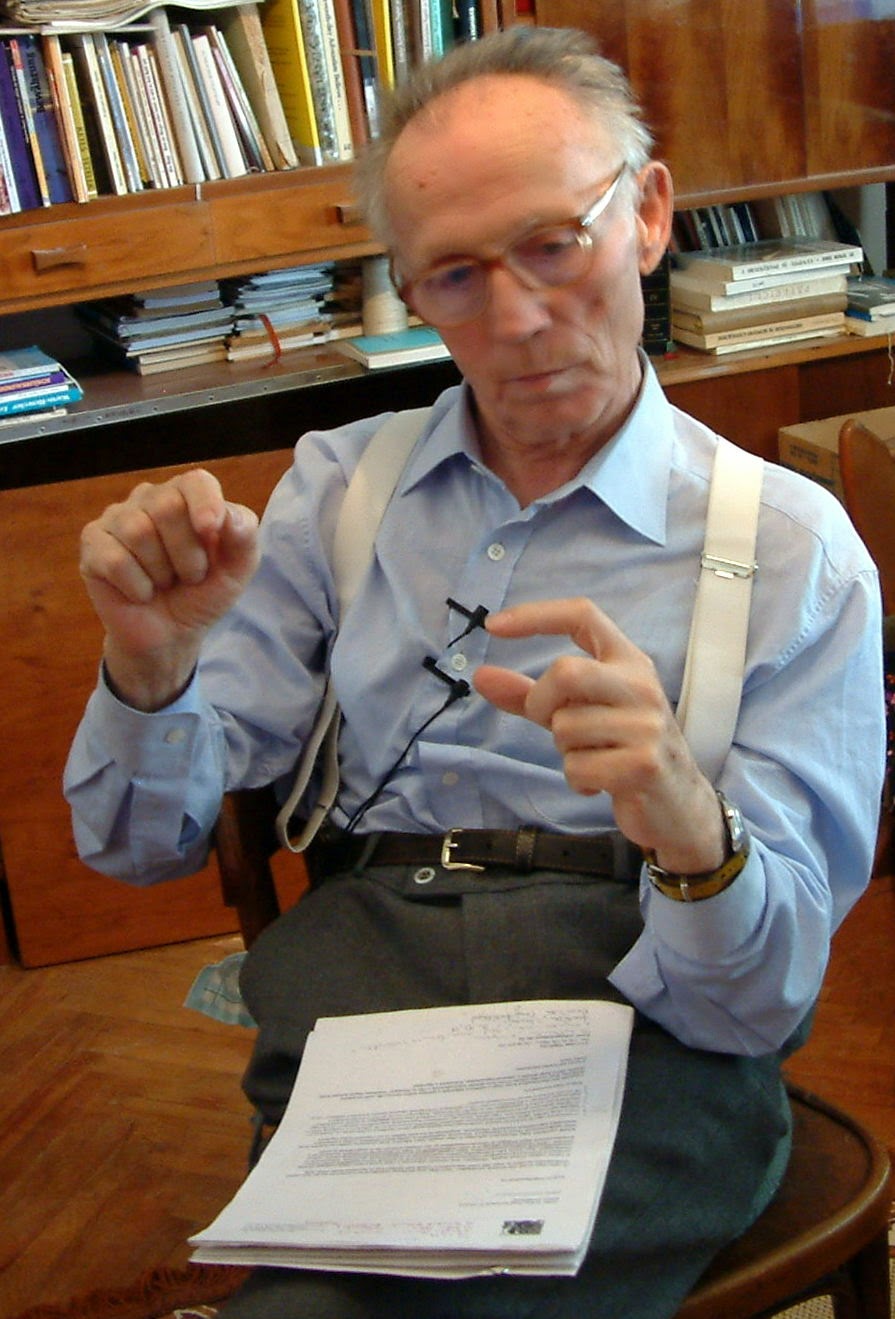
Do you know what I mean? Conservative Christians in general, and evangelicals in particular have an obsession with creating parallel versions of everything: Christian art (whatever that is), Christian movies (spare me, please), Christian music (even worse) etc., etc. If pressed hard, they might be able to create ‘Christian mathematics’ or ‘Christian physics’; and we already have Christian ‘scientific’ creationism (an oxymoron, of course, but who cares – it is all for a good cause, supposedly).
What is the root of all this? I suggest this comes, essentially, from a defective doctrine of creation, and its subsequent defective doctrine of sin. Biblically, unless one buys into the hyper-Calvinist doctrine of ‘total depravity, the world as we have now is a combination of sublime dimensions – speaking about the beauty of the initial creation, and of abject realities – which are the result of the Fall. Fundamentalists tend to forget the first, while liberals deny the latter. The truth, as always, is much more complex that any ideology claims it to be.
And, what is the consequence of this obsession for creating parallel universes? Obviously, it makes Christian witness distant and dis-incarnated, if not virtually impossible. Which, in fact, defeats the whole purpose of the presence of Christians in the world and of God bringing about here his kingdom.
A recent excellent article in Sojourners, the journal of Evangelicals for Social Action, deals with this controversial tendency, wich has also made many victims in my own country, Romania. That is why I have decided to share it with you here. Continue reading “Scott Christian on the Evangelical Obsession with Creating Parallel Worlds”



















